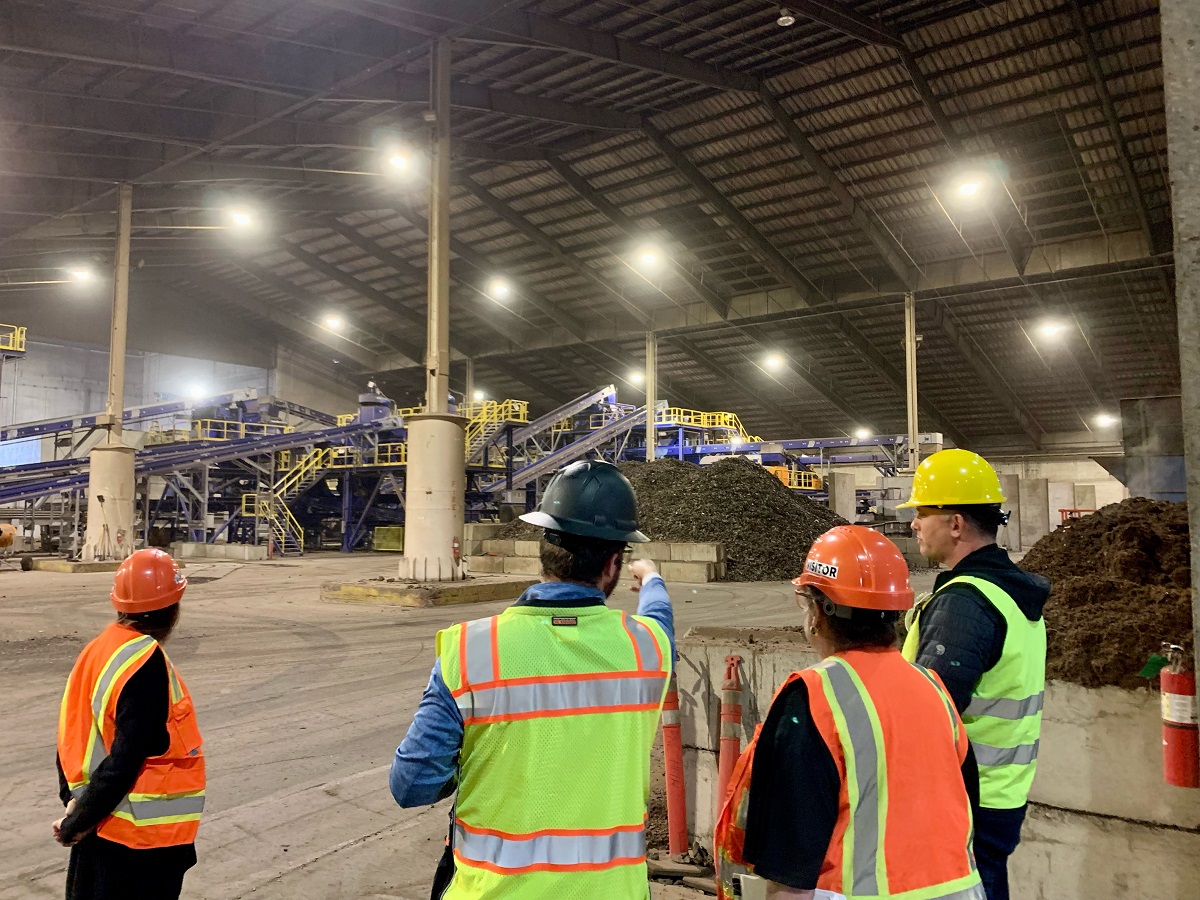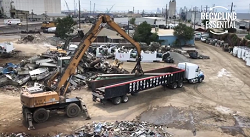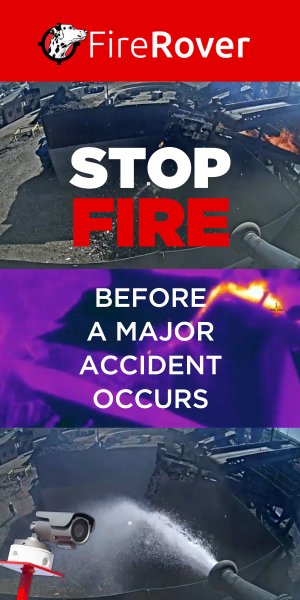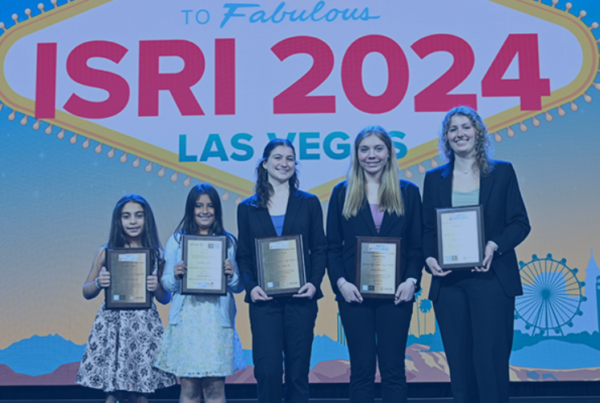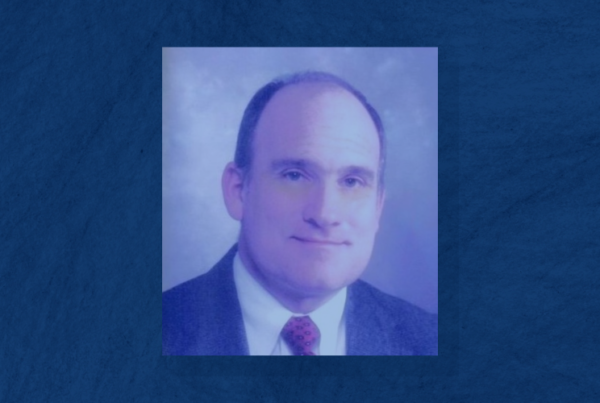Sean Daoud, vice president and treasurer of PNW Metal Recycling, Inc., has conducted a fair share of tours through his company’s facilities for local legislators. Though each tour is different, he’s found attendees typically come away feeling surprised about recycling. “There’s always a level of surprise depending on how much they know about the industry,” Daoud explains. “A lot of times they don’t realize that we buy everything that comes in, process it, and either sell it or it’s used as a valuable product, nothing is discarded.” Conducting facility tours for local leaders can make a meaningful impact on future legislation and help recyclers gain control of the industry’s narrative.
Most recently, Daoud toured Oregon Sen. Betsy Johnson through one of PNW’s facilities and. A few days later she announced plans to run for governor of Oregon as an independent. Daoud has upcoming tours planned for Rep. Zach Hudson, Sen. Lew Frederick, and Rep. Tina Kotek, who has also announced her candidacy for governor.
“We actively reach out to our local legislators so we can talk about our industry and give them tours so they understand our industry and what we’re doing, especially leading up to legislative sessions,” Daoud says. These advocacy efforts help recyclers paint an accurate picture of the industry to local government, demonstrating that they not only provide value to the economy and environment, but are also a source of knowledge about local laws and regulations. “We want to get a feel of where legislators are at from a legislative standpoint so we can fit in where we’re most helpful,” Daoud says. “It’s a two-way street when it comes to making laws and regulations for the state, and we want to make sure we’re part of the conversation.”
Since each legislator has a different starting knowledge about the industry, Daoud begins each tour with a brief meeting. Daoud discuss the recycling industry, the work they’ve been doing, and asks if the legislator has any questions they can help answer. The approach helps the company tailor the site-walk to the legislator’s needs. For example, if the legislator oversees a committee that impacts the industry or is considering a bill that would affect recyclers, Daoud chooses specific aspects of the facility to explain and highlight.
As they walk around the facility, Daoud discusses the importance of surrounding equipment or recent areas of investment to help legislators visually link recyclers to the economic supply chain. “We show them how we process the material and what we do with the products. The tour itself is circular,” he says. “You show why you’re in the business, why the industry exists, and our contributions.”

Facility tours are also a chance for recyclers to show legislators the local laws and regulations in place that the industry follows. “For example, many legislators in our state don’t know that the fluff coming out of every shredder in Oregon is ADC, or alternative daily coverage, so we explain what that means and why it’s important [and can be used at landfills in place of dirt].”
Daoud recommends recyclers reach out to their local legislators even if it initially seems daunting. “If you’re a constituent or a business in their district, they want to talk to you. Convey to them that you’re a voice in their district and how you can be supportive, what you do, and that you’d like to give them a tour.”
When planning the tour, Daoud advises recyclers focus on the big picture, and how their efforts benefit the community and state. “Make the goal about how your work impacts the community, the environment, and the economy. We try to make sure conversations are tailored to the overall impact, not just our impact.”
Once you’ve planned the walk-through, make sure you keep your local ISRI region/chapter and ISRI national updated about the event. “Let everyone know what you’re doing and how things are going,” Daoud says. “It’s important for others to know you’re having these conversations and not stepping on each other’s toes.”
As the association encompasses a diverse group of recyclers who handle different commodities, staying aware of the large issues impacting the industry is vital when presenting the industry to legislators. “How we deal with EPR, environmental justice, environmental controls, or catalytic converter laws impacts different ISRI members differently and it’s important to be aware of that as well as what we say, how we say it, and who we talk to,” Daoud says. “Don’t be afraid to talk to your legislators, they want to hear from you, and of course it’s important to have clear communications with local recyclers in your area and ISRI.”
Photos courtesy of PNW Metal Recycling, Inc.
Additional Resources

